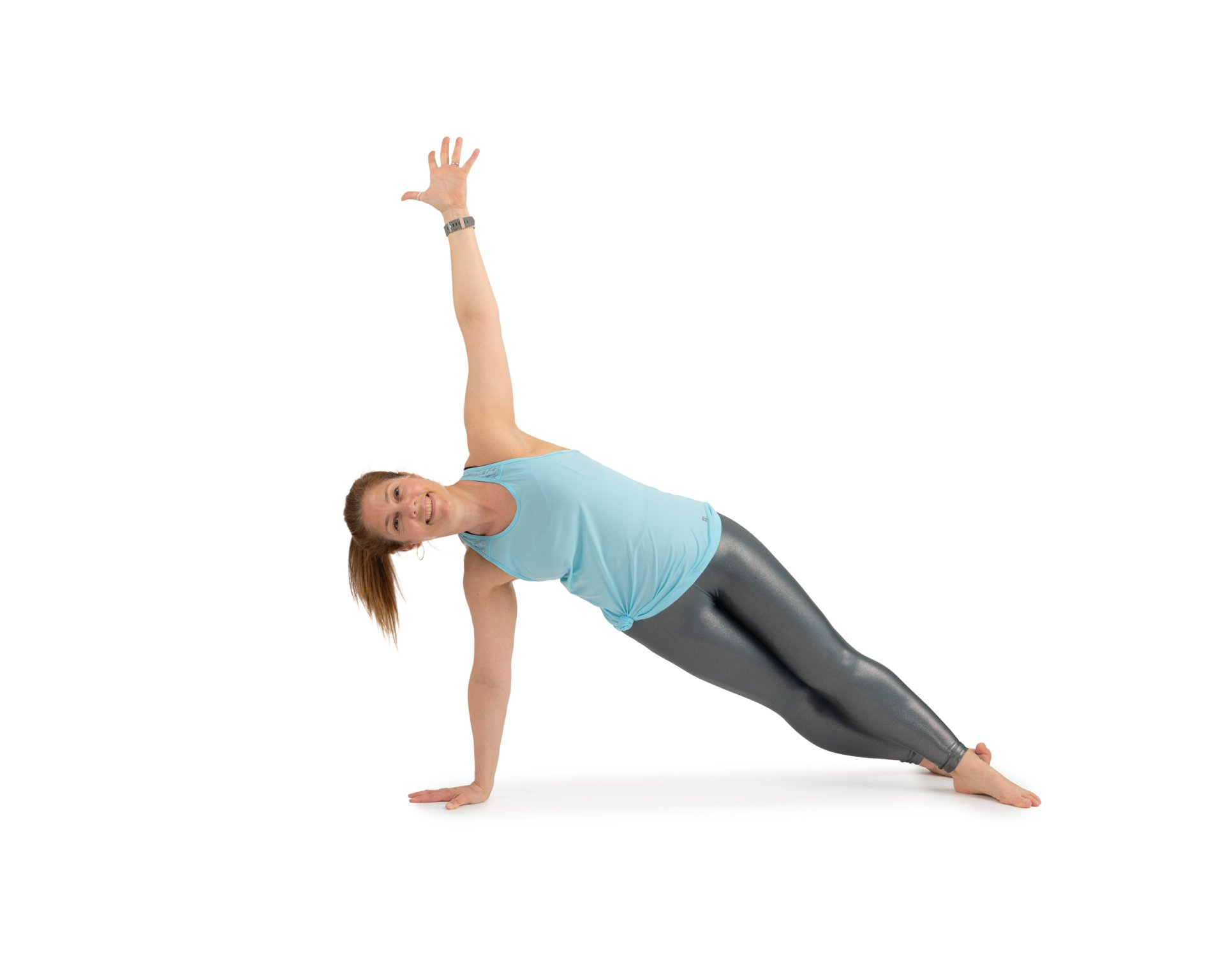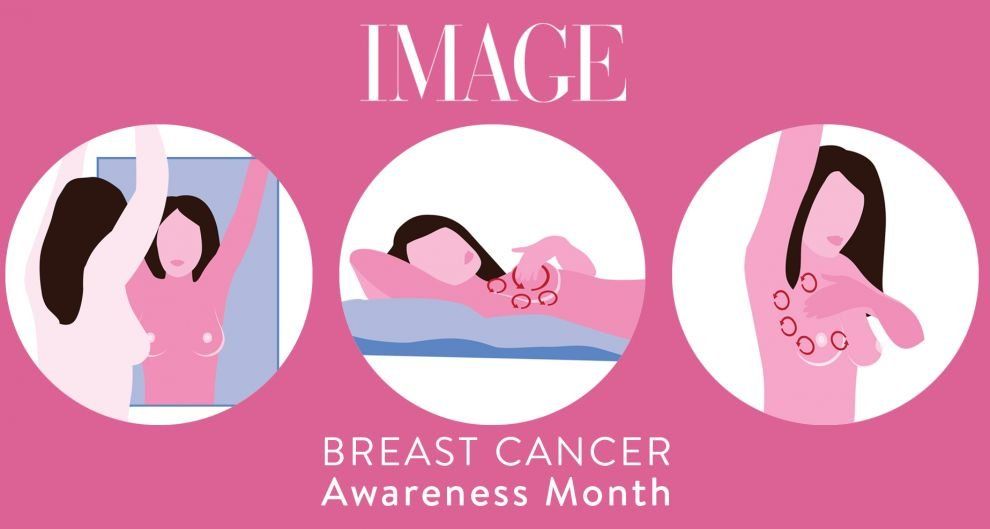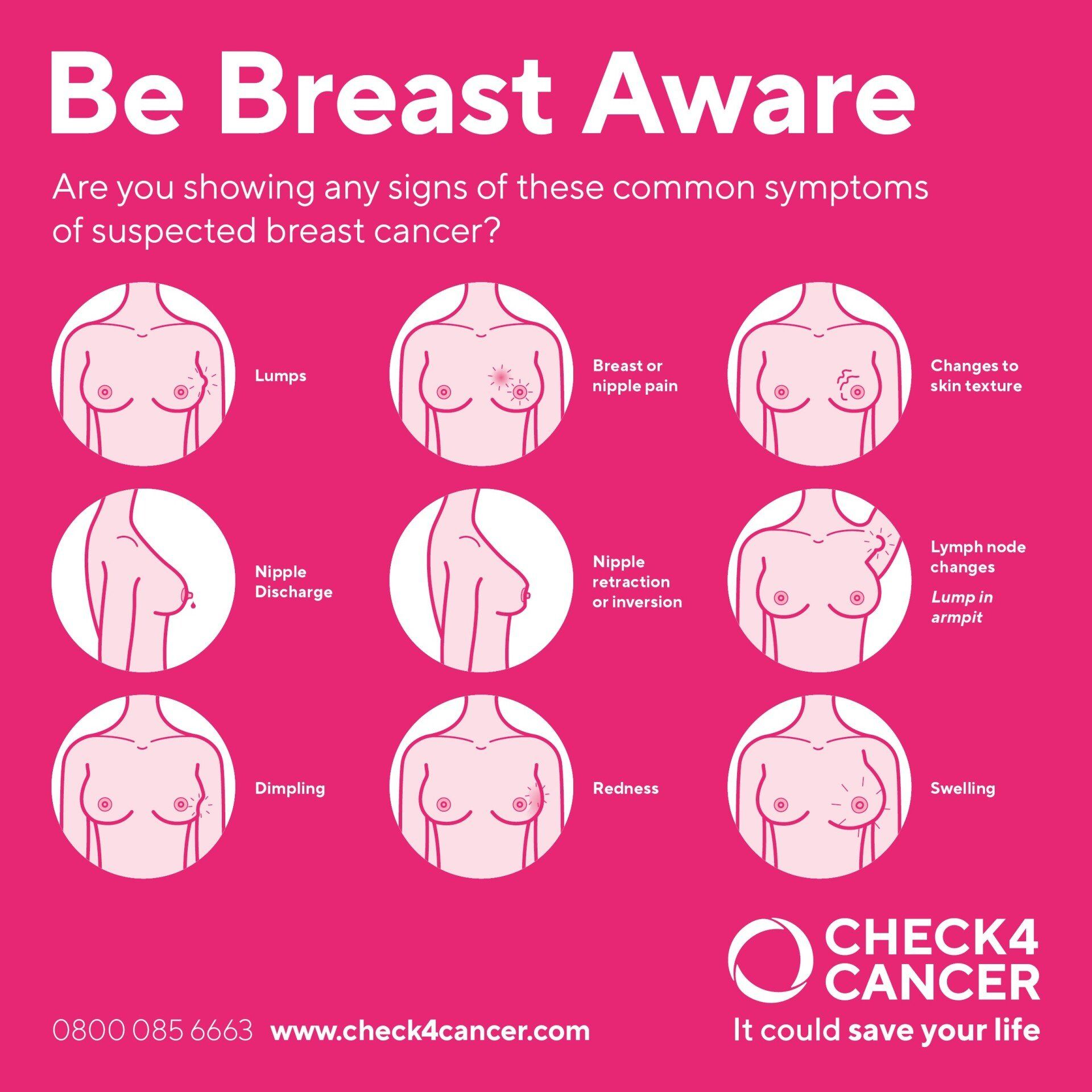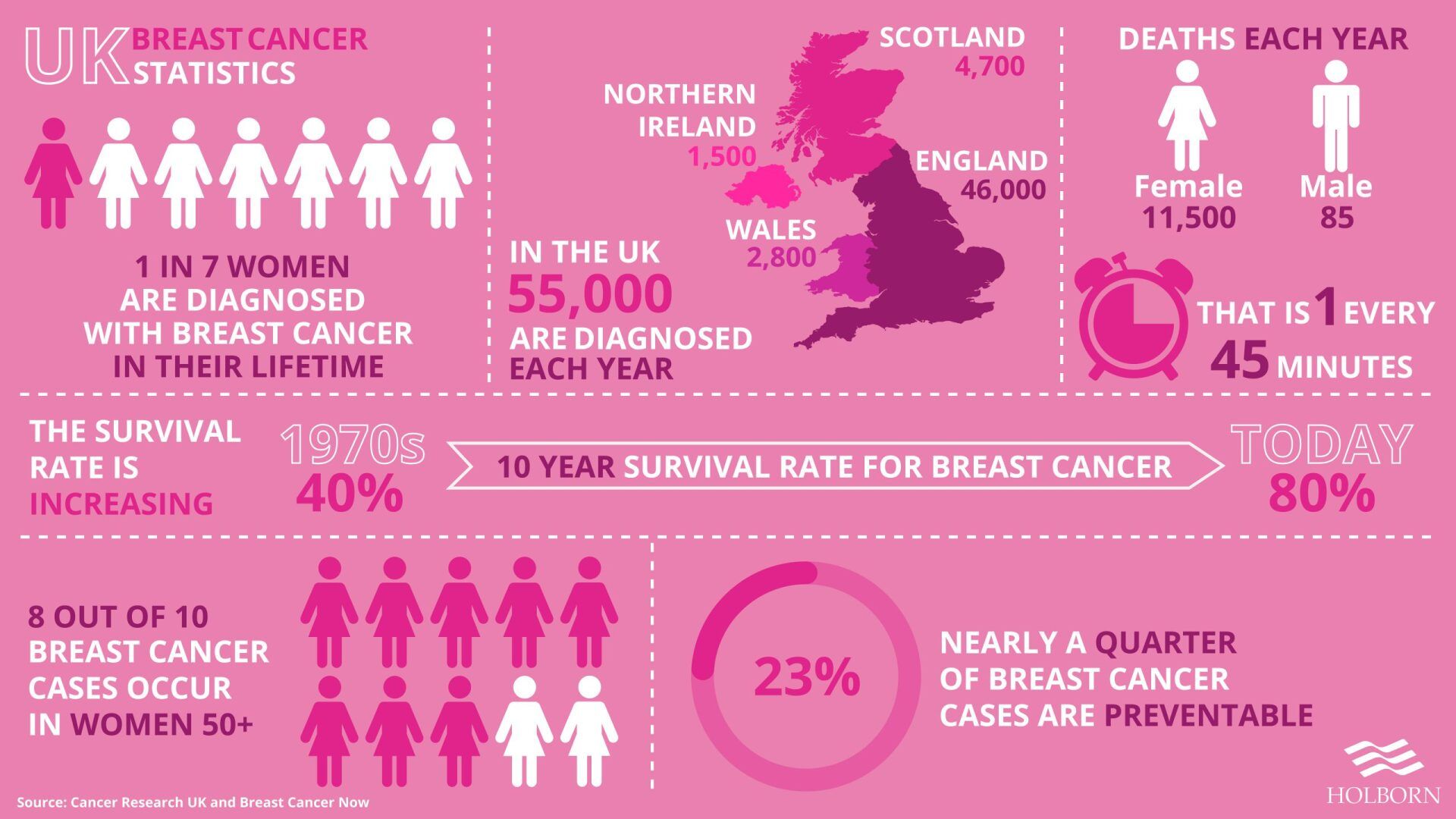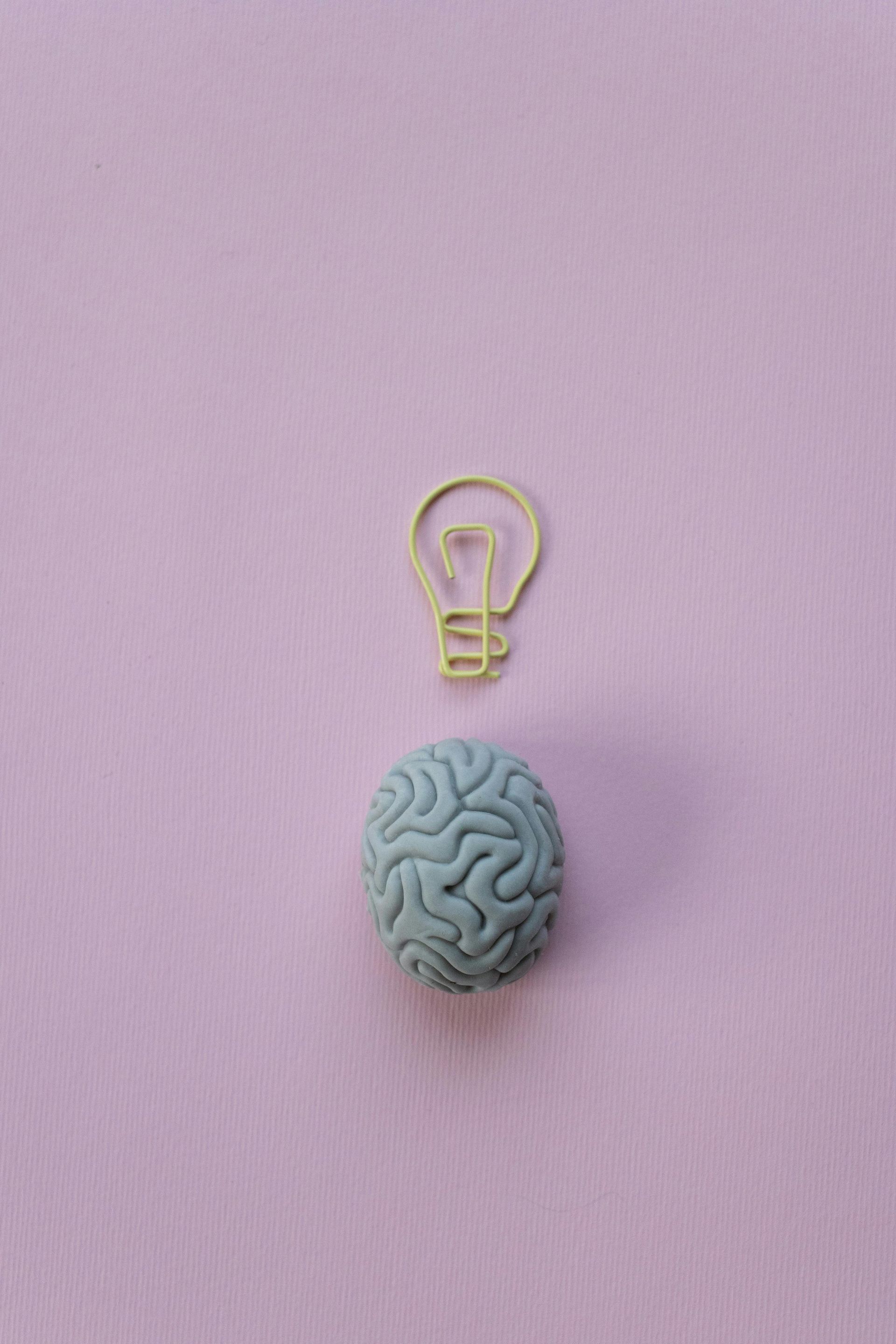There are no guarantees that you’ll never develop breast cancer. But of course, there are measures that will decrease your risk.
You will be totes unsurprised to see the that maintaining a healthy weight, exercising and limiting alcohol intake and not smoking will all be helpful. As will regularly checking the girls!
So, if you’re over 40:
• Maintain a healthy weight. Now this is an interesting one – did you know that fat cells create a weak version of oestrogen? As we go into menopause and the ovarian version reduces, the body relies on the fat-cell produced version to assist with all of the other activities that involve oestrogen;
• Be physically active and get at least 30 minutes of moderate to vigorous exercise five or more days per week;
• Eat a healthy diet with at least five servings of plant-based foods daily – try and get 30 different plant-based foods every week; limit the amount of red meat eaten and remove processed meats from your diet completely;
• Women should drink no more than one unit of alcohol daily (men should drink no more than two daily). That doesn’t mean that you can save them all up for the weekend, Mrs Arlow (yes, yes, I know);
• Reduce your exposure to chemicals such as parabens, pthalates and sulphates in cosmetics and cleaning products which are Endocrine Disrupting Chemicals (EDCs). They bind to oestrogen receptors and disrupt hormones. This is actually a HUGE topic. I’ve been looking at this myself recently and am totally freaked out;
• Stop smoking (not that any of you do!).

